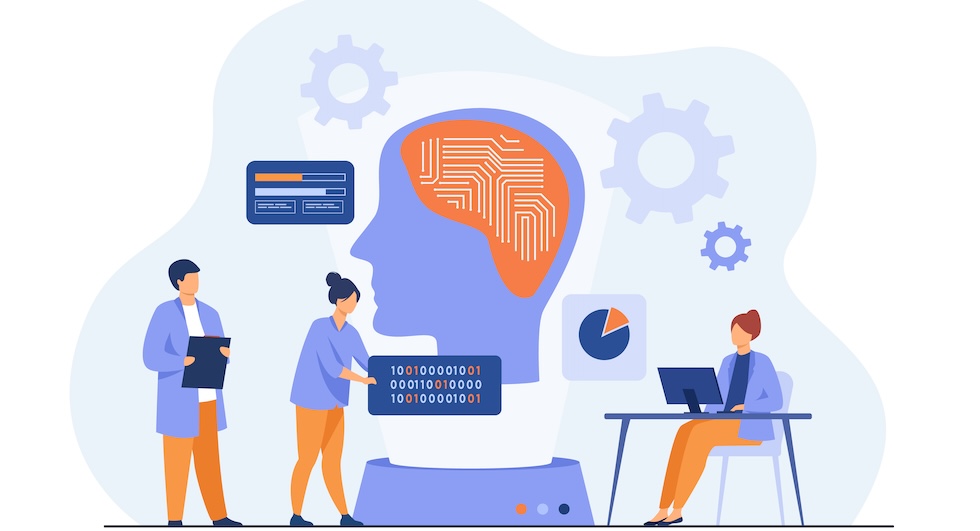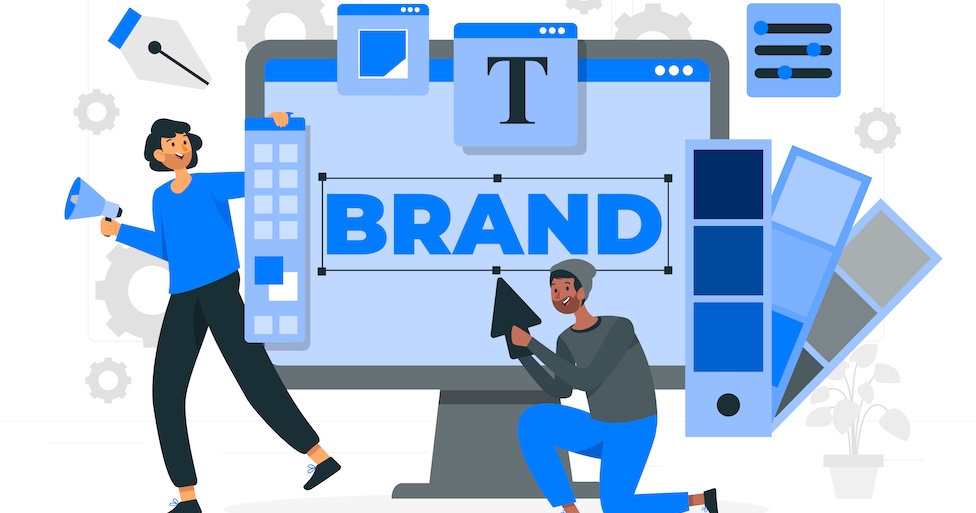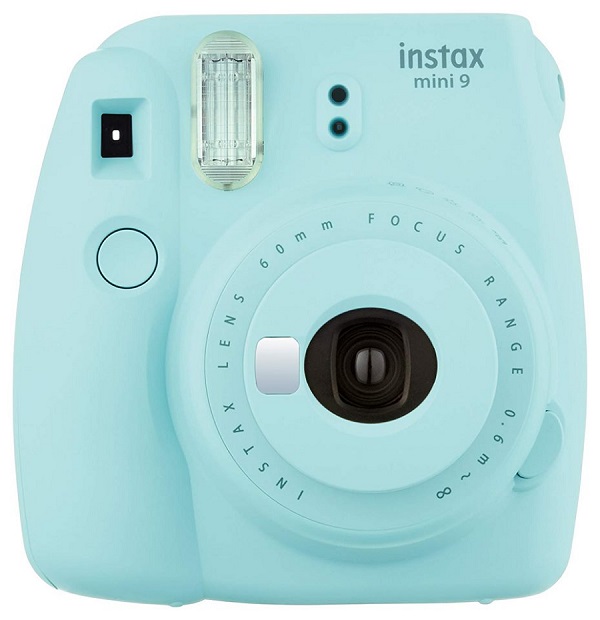Supply chains being complex and depending on the product supplied, can span dozens of stages.
Numerous geographical locations, individuals involved, several payments and invoices – it’s a multifaceted industry that demands a lot from many.
If you do a quick wiki search, you’ll notice that nowadays, blockchain technology is in high demand. Recently there has been a significant interest in its application within the distribution industry, so let’s find out more.
A broken supply chain
Centuries ago, supply chains were not particularly complex because commerce was local. However, the complexity of supply chain management has been increasing as manufacturing becomes increasingly globalized.
The result of globalization is that it’s hard for a customer or bulk buyer to have a true understanding of a product’s value.
The lack of transparency also makes it difficult to suspect if unethical or illegal practices are being carried out, and efficiency is decreased as suppliers need to connect the dots on who needs what, how, and when.
How can Blockchain technology help?
While cryptocurrency certainly is the most recognizable use of blockchain technology, its applications are far and wide.
Here’s blockchain technology explained in a way that’s not too technical: blockchain is a digital ledger distributed amongst all its users.
Every transaction is recorded on blocks, and every member has a record of all transactions, so it is highly transparent.
Each block is also very secure, and transactions can’t be manipulated or hacked because there is no central authority – it is highly scalable and efficient.
Blockchain technology can increase supply chain transparency and efficiency, impacting all aspects of the flow, from delivery to stocking in warehouses.
The chain of command is built into the blockchain itself, providing the integrity and reliability that supply chains need. Blockchain tech provides everyone with guaranteed transactions because there cannot be any dispute in the chain and flow –
Everyone has a copy of the same ledger version, and it cannot be manipulated once a transaction is complete. It’s possible for anyone using the chain to get a clear picture of the ownership of assets.
mining
Uses of the blockchain in supply chains
Because a blockchain gives users the ability to transfer funds from anywhere in the world without the use of an intermediary,
Such as a bank (although blockchain technology in banking is certainly widespread too), it’s very easy for global supply chains to implement. This is why Australian manufacturer Tomcar even pays its suppliers using Bitcoin.
The food distribution or technology health systems industry needs solid records that can trace a product right back to its source.
Walmart has been using blockchain to know exactly where some of their products are coming from, e.g., the place in China where its pork is sourced.
Every single piece of pork has reliable records associated with its source, travel, where it’s been processed, stored, and handled along the way.
Other major companies that rely on worldwide distribution, such as Tyson, Nestle, and Dole, similarly use blockchain.
Logistics giant Maersk has recently teamed up with IBM to enable global trade with blockchain. The two are developing technology to track goods digitally across the world.
Maersk uses this to improve the reliability of tracking – nothing can ever get lost, or if it does, it’s immediately apparent how this has happened, allowing the company to easily rectify the situation.
The results so far have been staggering for the company, increasing their profits and retaining their customer base.
If you look at recent blockchain technology news, you’ll see just how important transparency is to increase trust in companies.
Blockchain’s transparency gives customers the knowledge that they are supporting companies that share their values and aren’t supporting any malicious or illicit industries.
Blockchain technology companies such as Provenance are using their tech around the world, providing it to companies who are looking to prove to their customers where they’re sourcing their goods and services.
Blockchain is the future
In this day and age, blockchain does more than allow people to buy anonymously. It is the moving force behind data transparency, revealing a single source of truth, and the number of blockchain technology jobs is increasing exponentially every year.
When you have reliable data sources, blockchain increases trust within the industry, helping to keep distribution companies profitable and able to keep track of everything.
It doesn’t take a lot of blockchain technology training to know that this is a technology that can save industries billions every year, helping to make things more automated and safer for the distribution industry.
What blockchain technology courses interest you? Tell us your thoughts in the comments section below.

















Add Comment